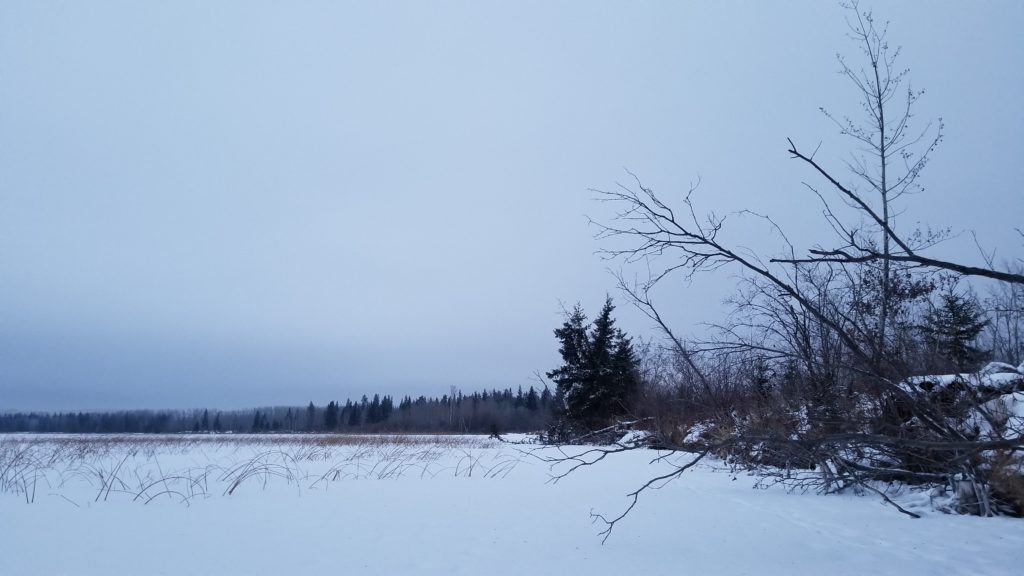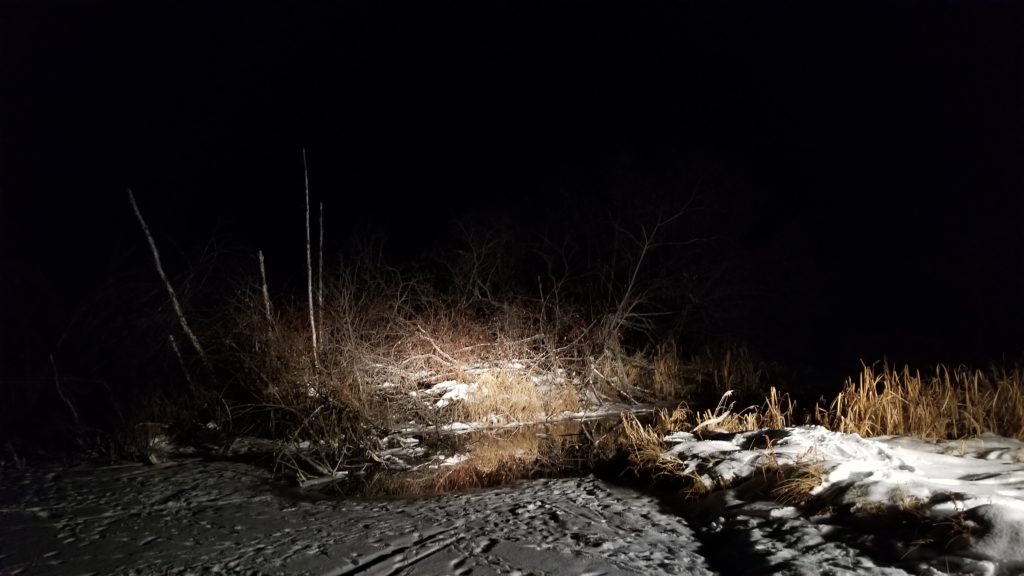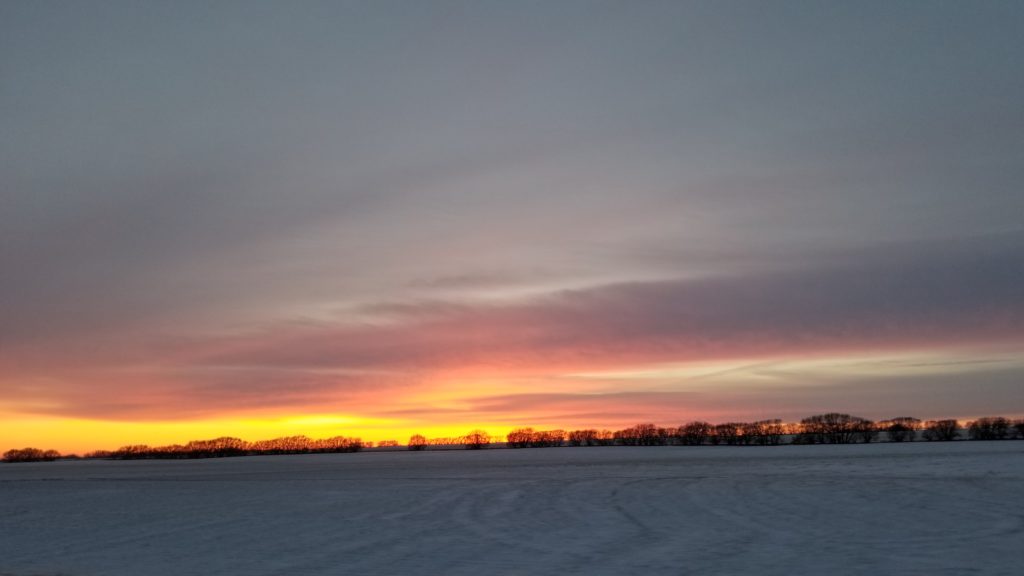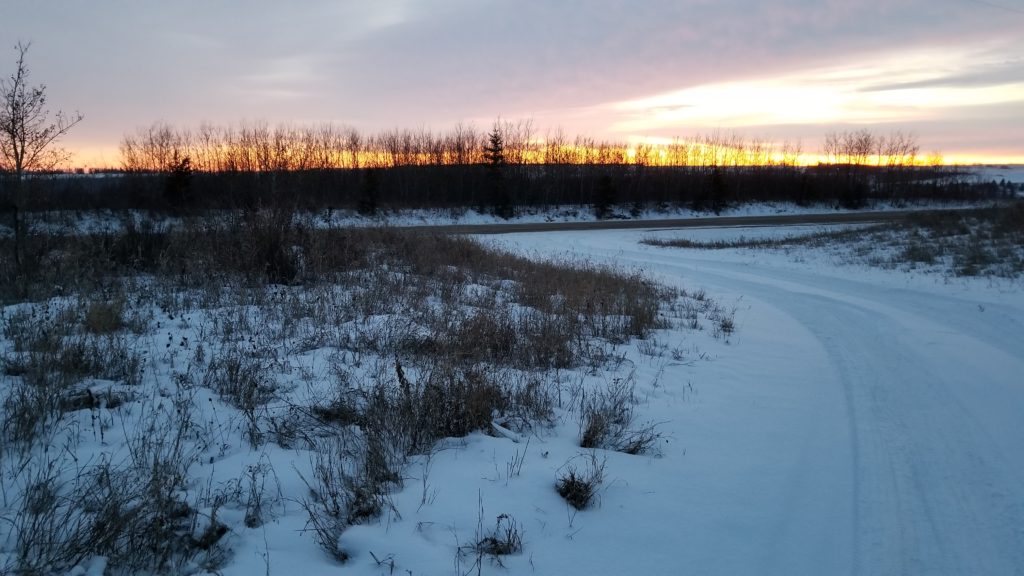The following is the result of my and my wife’s efforts, which in some form she is likely preaching tomorrow at Hope Lutheran Edmonton.
Opening blessing/prayer[from the Psalm, lessons and Jesus’ command to love]:
May God, our only hope and salvation, guard our hearts, minds and souls this Advent, as always, that we may not be put to shame, but that we may know God’s ways, God’s truth, God’s steadfast love. May we trust God’s promises so that even in the most difficult of times, we may reflect God’s right-ness, order, and grace, to our neighbours, ourselves, and even our enemies. Amen.
Happy New Year, on this the first Sunday of the New Church Year, the first Sunday in Advent. Unlike many celebrations that call for exuberance, like Lent, Advent is a sombre celebration of our need for God’s Love and promises, a time to reflect and search out the roots of our faith. The colour is Blue, a rich colour of sky, and water, the basics for life. Blue is also a colour of an honest response to the chaos that grips the world: blue is sadness, even depression.
Blue for us is the colour of Hope, and Advent sits not on the evidence of the state of the world or us in it, but the hope created by God’s powerfully life-giving Promises. God promises us a new creation and steadfast love in the face of the worst the universe can throw at us.
If you came looking to hear the Gospel read today and to receive a soothing, comforting word … Well, hang on, it’s a rough ride first.
Drab Winter may be most appropriate for Advent
Jesus describes the end of time. To translate his images into 21st century awareness of our universe Jesus says:
You will see gravity decay, planets and stars disengage, galaxies splattering across the void. Dis-Order invades the sub-atomic particles of your very being, your skin will crawl with chaos, your minds unwind from within themselves, one moment you are able to be empathetic, to love and remember, the next not and the next moment you are again sentient, aware of what is happening to you and to the world all around.
Intuitively we know our sins and our cumulative sins as human beings are immense. We know we are responsible for some if not most of what’s coming. Global warming is only a small piece of the conundrum. Real guilt is indeed difficult to bear.
How can we respond to this prediction of the end of all time?
There are many similar challenges in life that overwhelm us. It may not signal the end of everything around us, but chaos invades the foundation of our lives at the loss of a beloved, a child, the end of a career, or being ruined by completely false accusations … or news that one has a death-sentence disease.
Will watched his wife Louise beat cancer twice, and it returned a third time. Her battle ended with him standing beside her grave. Two years later Will received news that cancer had invaded his body as well.
George flew as a pilot all his life, until the last medical exam revealed the side-effects of a medication taken years ago, which disqualified him from ever flying again.
Sam stopped his wife again, this time by twisting out of her hand the knife she was going to slash him with. When he made sure she went outside to cool down, she called the police, he was charged, convicted and served 2 years for assault and unlawful confinement.
Amy, not her real name, watched the Courts, time and time again disrupt her efforts to adopt her foster child, born to an addict woman. Then the Courts awarded this not-mother custody, even though the Courts knew her then housemate had sexually abused the not-yet two year old.
It may not be the end of all time, but it certainly is the end of time for us, as we gasp for breath … … … while the world continues on its course around us as if nothing has happened.
Jesus, at these times, points us to the first signs of trees budding new leaves. Jesus tells us: at these points when the end of time threatens our very breathing and being, we can remember God’s promises to make all things new with the coming of the Kingdom of God. The in-breaking of chaos, the end of time, is actually God bringing in a new creation.
God promises that in this new order we will live in safety, justice will be based on truth, instead of lies, and God’s steadfast love, the glue that holds the macro, micro and personal universe in order, will prevail. All right-ness, righteousness, will be God’s alone. Chaos of all kinds will give way to the order of God’s new creation. All people, not just us, will live in safety. All people will live in right relationship with God, with one another, with all of creation. The heavens and all space will sing in harmony. The Holy Spirit will move in our hearts, minds and souls, and we will dance with grace, every step of the day.
God does not just wait to the end of time to bring in the new creation. The Kingdom of God is already here. God fulfills promises in each generation. Christ has come.
CNN know this: and they play every news story as if it heralded something new (and news worthy), as if the world hinged on each small event. In a way it does, and for the news companies, it sells advertising, which is the foundation of their threatened existence.
CBC has ‘Good News’ segments, because it is commonly spoken about that ‘all the news is bad’ which is not true or right. But they appear to angle not so much that the good news is more obviously good, but that compared to the little good news segments, the real news is that much more important, that much more BAD.
The real bad news is that all hell is breaking loose, just like it did for all the previous generations.
It is as any photographer can tell you the light is most beautiful in contrast to the dark. God’s wonders become more obvious to us, in contrast to the powers of chaos and evil.
Flowing Water in Frozen Winter, Light in the Dark
If we could ever say that Leonard Cohen sang well, it would be his Anthem line: There is a crack in everything, That’s how the light gets in. Indeed, it is through our cracks, our sins, that God’s grace becomes known to us, not just in our minds, but in our hearts and souls. Grace becomes a visceral experience and memory when God gracefully forgives us our sins, and when the Holy Spirit continually takes us ungrateful, undeserving wretched sinners and makes us into saints.
Evil has got the world, our world, by the tail, so to speak, and the Devil is swinging it around, which messes tremendously with gravity and all that is up.
This Advent we face great challenges. The world seems to be falling apart, and the order of creation is threatened by earthquakes, storms, human induced disasters, and even asteroids and nuclear bombs.
Advent is not a time to bury our heads in the sands, or our hearts in the pre-Christmas hectic, nor our souls in all that consumes instead of giving life to all those around us. Advent is a time for serious and sombre soul searching, to discover again God’s steadfast love that holds the universe and our own hearts together, even as the universe and we too lose all bindings and forces that hold creation in place, even gravity and the electric impulses that power our brains.
As the end of all time tears at the foundations of the universe, as the end of our time tears at the core of our being, we need not fear and hate. Instead moved by the Holy Spirit, we can trust God and we can choose to love …
We bask in the beauty of the stars, the wonders of nature, the marvels of the cities, and the light of Christ that shines through each of us, through our brokenness. Love has a place … in every heart, in every galaxy, in every atom of the entire universe, because God created it so.
We pray that we may remain alert to God’s ways. We pray that we will count on God’s promises and the work of the Holy Spirit in us, that we will see in each tragedy and decaying of order, God’s work of making a new creation, also in us!
We will not be put to shame, for God is our rock and our salvation.
Amen



